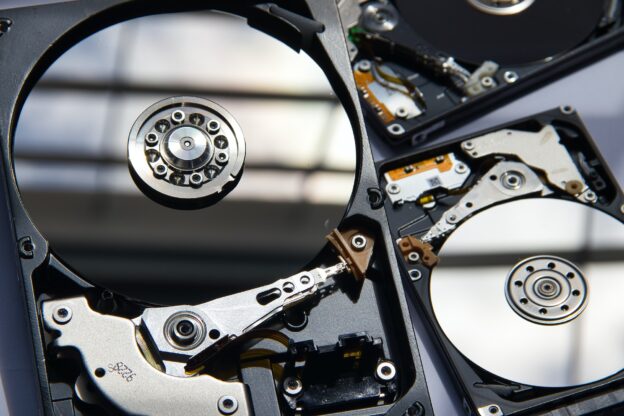The paging file (Pagefile.sys) is a hidden file on your computer’s hard disk that Windows uses as memory when it runs out of RAM space to use. Generally, your page file will be on your c: by default unless you installed Windows to another drive. The paging file is a minimum of 1.5 times and a maximum of three times your physical RAM. In this post, we look to see if you should configure your paging file for gaming.
Store the Paging File on an SSD
If all you have is an SSD drive, you are all set. However, if you have both an SSD and a HDD, you will want to make sure the paging file is setup to use the SSD. This will help performance quite a bit. An SSD so way faster when compared to a HDD, so having the paging file setup on the SSD will give you the best performance.
If you need to move the paging file, here is how you do it. First, run SystemPropertiesAdvanced and go to the Advanced tab. From here, you can click the Settings button under Performance. Click the Advanced tab in this window and then click the “Change” button under the Virtual memory box. At this point, you can pick a different hard drive to store the page file on.
Should I Change Page File Size for Gaming?
Most users won’t need to change the page file size, especially for gaming. This is due to the fact that most gaming PCs come with plenty of RAM and at least one SSD. However, you might want to keep an eye on the Memory usage chart on the Overview tab of Resource Monitor. If memory usage is spiking off the top of the graph a great deal of the time during your gaming, you can increase the maximum size of your page file to see if that helps. Honestly though, you are generally going to be better off just leaving it as-is and fixing the root of the problem.
This didn’t help much, now what?
If you are having issues with the speed of your PC while gaming, increasing the size of the paging file may help you, but most likely, it will not. The reason is that the page file is a pretty inefficient way to store data. So, if Windows has to use it too much, no matter how much it is optimized, you may experience poor performance and stuttering. If you are having issues and you have pinpointed it to a lack of memory, the real solution is to add memory. If you don’t have an SSD, adding one of these will definitely improve performance as well. These upgrades will really help your computer performance and your overall gaming experience.
Don’t Disable the Paging File for Gaming (Or In General)
One last thing I wanted to mention is that it is not advised to disable the paging file, even if you have a large amount of RAM. There is a lot of software and games that use it even if they don’t really need it. Disabling it could cause problems even if you have plenty of RAM.

